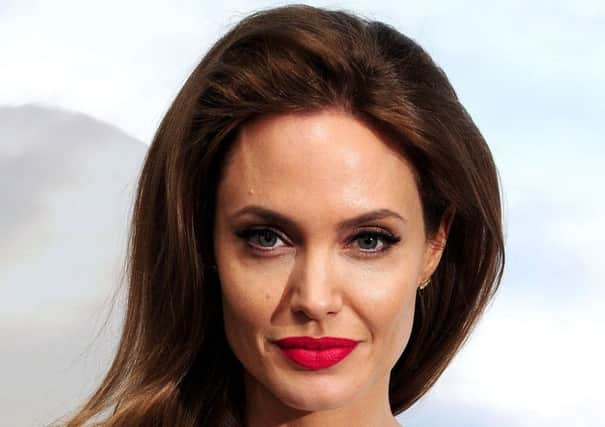Most double mastectomies ‘unnecessary’


NEARLY three-quarters of women who have both breasts removed after a cancer diagnosis may have had a low risk of the disease spreading, a study has suggested.
Researchers who studied 1,447 women treated for breast cancer found that 8 per cent of them had undergone a double mastectomy.
Advertisement
Hide AdAdvertisement
Hide AdBut 70 per cent of these women did not meet the medically approved criteria for losing both breasts – a family history of breast or ovarian cancer, or BRCA 1 or BRCA 2 gene mutations.
They had a very low risk of developing cancer in the healthy breast, scientists said.
Dr Sarah Hawley, study leader, from the University of Michigan in the US, said: “Women appear to be using worry over cancer recurrence to choose contralateral prophylactic mastectomy.
“This does not make sense, because having a non-affected breast removed will not reduce the risk of recurrence in the affected breast. For women who do not have a strong family history or a genetic finding, we would argue it’s probably not appropriate to get the unaffected breast removed.”
The research, published in the journal JAMA Surgery, also found that 18 per cent of the women studied had considered a double mastectomy.
Women with a risky family history and BRCA mutations make up around 10 per cent of all those diagnosed with breast cancer. They are considered to be at high risk of a new cancer developing in the unaffected breast.
Without these indications, women who develop a tumour in one breast are very unlikely to acquire a second cancer in the other.
Many of the women in the study who elected to have a double mastectomy were candidates for breast-conserving surgery to remove lumps, the researchers said.
Advertisement
Hide AdAdvertisement
Hide AdOverall, about three-quarters of the patients reported being very worried about their cancer.
Those who chose to have both breasts removed were significantly more likely to be concerned. A double mastectomy is a major operation that can be associated with complications and difficult recovery, the authors pointed out.
Most of the participants who had the procedure underwent breast reconstruction as well.
The study found that women with higher education levels and who had been given a magnetic resonance imaging (MRI) scan before surgery were more likely to choose a double mastectomy.
Last year Hollywood star Angelina Jolie, who carries the BRCA 1 gene, underwent a preventative double mastectomy, attracting worldwide publicity.
Martin Ledwick, head information nurse at Cancer Research UK, said a range of medical options were available to women who already had or were at risk from breast cancer.
He said: “For most women who’ve had a mastectomy for breast cancer and who don’t have a strong family history of the disease, regular monitoring of the other breast is recommended rather than having it removed too.
“It’s usually only discussed if a woman has a strong family history of the disease or is known to have inherited a gene fault that significantly increases their risk.”
CASE STUDY
‘Losing my mum was my decider’
Advertisement
Hide AdAdvertisement
Hide AdWENDY Helliwell, who carries the BRCA 1 gene, said she decided to have a preventative double mastectomy because she did not want to “live in fear”.
The 43-year-old visual artist from Edinburgh said her mind was made up the day her mother died of breast cancer.
“Losing my mum was my decider. Seeing what she went through I didn’t even have to think about it. One of the last things she said to me was ‘make sure you follow up the blood tests’ to see if I had the gene.
“I’m a natural worrier and peace of mind is such a huge thing.”
Married with a two-year-old son at the time of her operation in 2006, Ms Helliwell said: “You put your family before everything else.”